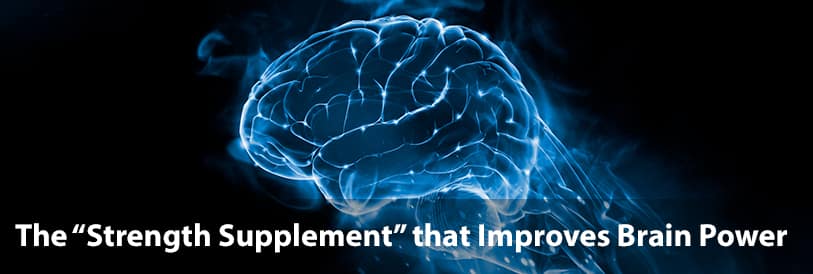March 26, 2019
Findings from a trial reported on Dec. 12, 2018, in the Journal of the International Society of Sports Nutrition reveal an association between supplementing with a proprietary spearmint extract and improved reactive agility, defined as any unplanned change in direction or speed, in a group of healthy, recreationally-active individuals. “Reactive agility is an aspect of physical performance; interestingly, however, data suggest that reactive agility may rely more on cognitive than physical parameters,” write authors Paul H. Falcone and colleagues, citing a study that found a stronger correlation between such agility and aspects of cognition (response time and decision-making time) than such measures of physical performance as sprint speed, change-of-direction speed and other measurements.
Previous research found that supplementation with a proprietary spearmint extract that contained a minimum of 14.5% rosmarinic acid and 24% phenolic content supported focus and concentration among older individuals with memory impairment. “To address the growing interest in connecting mental and physical performance, the present study examined whether the nootropic effects of proprietary spearmint extract translate into changes in reactive agility following daily supplementation.”
In the study, 142 men and women ages 18 to 50 received a placebo or 900 milligrams of proprietary spearmint extract daily for 90 days. At the beginning of the study and on days 7, 30 and 90, agility was evaluated with an audio-visual device that measured stationary, lateral and multidirectional reaction time. Blood samples collected at the beginning of the study and after 7, 30 and 90 days were analyzed for markers of stress and inflammation.
Subjects who received spearmint demonstrated significantly better performance in specific measures of agility. The spearmint group also exhibited a decrease in C-reactive protein levels, indicating reduced inflammation.
“The present study supports the use of proprietary spearmint extract as a safe nootropic with potential downstream benefits in athletic performance,” the authors conclude.











